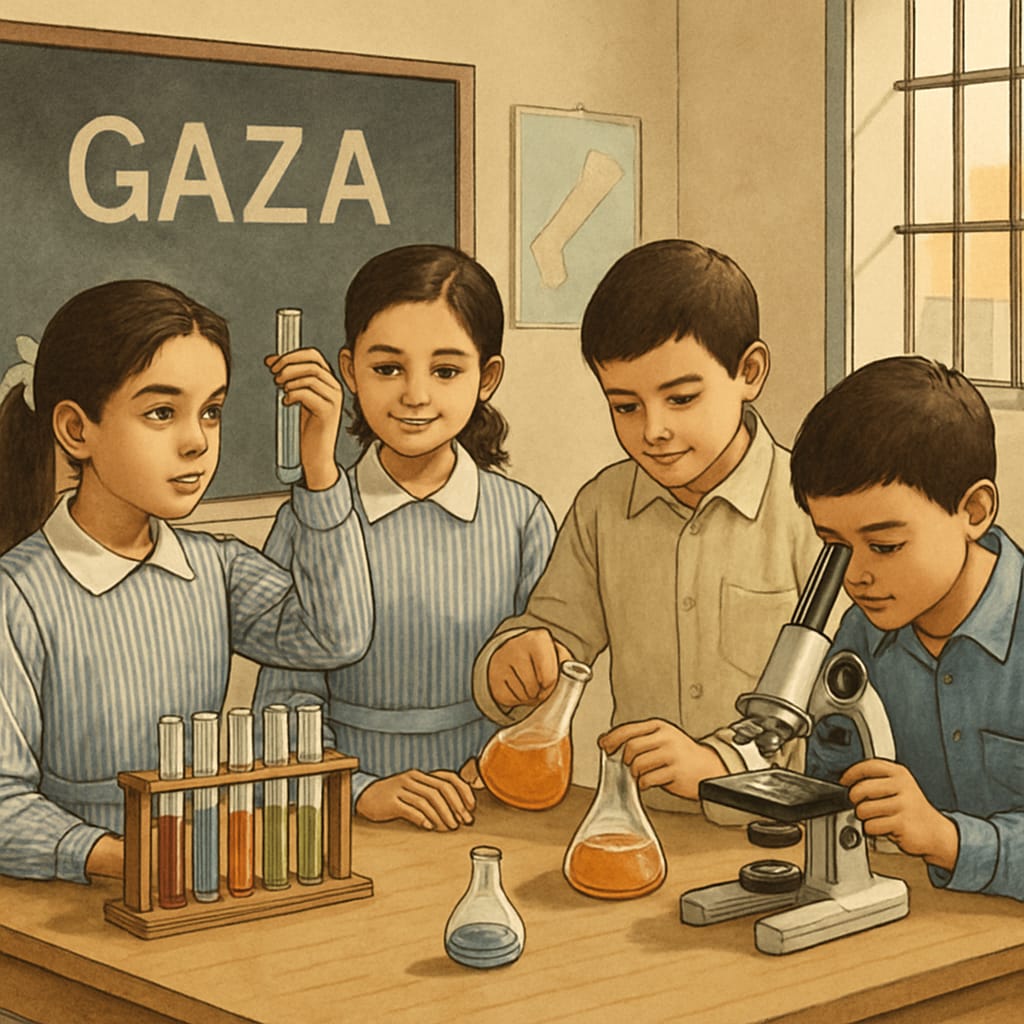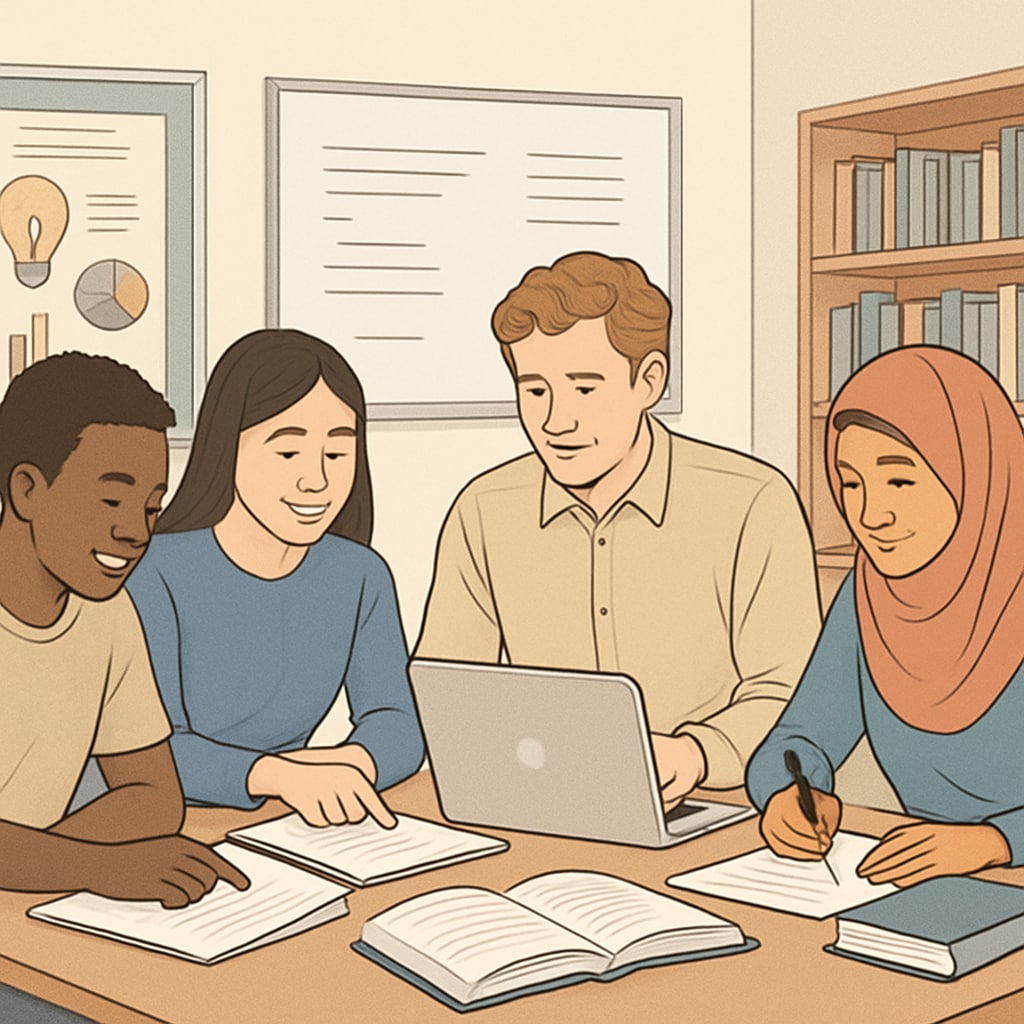Developing a robust and balanced teaching syllabus for Gaza schools is a vital step toward rebuilding the region’s educational system after years of conflict. A well-designed curriculum that integrates science and social studies not only provides essential knowledge but also fosters critical thinking, cross-cultural understanding, and sustainable development. By addressing these priorities, educators can create a foundation for a brighter future for Gaza’s children.
The Role of Education in Post-Conflict Reconstruction
Education is a cornerstone of rebuilding societies affected by conflict. It offers hope, stability, and a sense of normalcy to children and communities. In the specific case of Gaza, crafting a new curriculum for public schools must address both the immediate and long-term needs of students. This involves teaching core subjects like science while also promoting empathy and peacebuilding through social studies.
The challenge lies in balancing academic rigor with the social and emotional needs of students who have experienced trauma. For example, science education can inspire innovation and problem-solving skills, while social studies can encourage students to explore global perspectives and develop conflict resolution skills. Together, these disciplines create a holistic approach to education that prepares students for both personal and societal growth.

Key Components of a Science Curriculum for Gaza Schools
A modern science curriculum for Gaza schools should focus on three key areas: foundational knowledge, practical skills, and sustainability. Foundational knowledge ensures that students grasp essential scientific principles, such as biology, chemistry, and physics. Practical skills, such as conducting experiments and analyzing data, help students apply their knowledge in real-world scenarios.
Sustainability is particularly important in a region like Gaza, where environmental challenges are prevalent. Teaching concepts like renewable energy, water conservation, and climate change can empower students to address local and global challenges. Additionally, incorporating technology and digital tools into the curriculum can bridge gaps in access to resources and open new opportunities for learning.
Social Studies: Building Bridges and Fostering Understanding
Social studies education plays a critical role in shaping students’ understanding of the world and their place within it. For Gaza, this means designing a curriculum that emphasizes history, geography, civics, and cultural studies while promoting values like empathy, tolerance, and cooperation.
One effective approach is integrating experiential learning activities, such as group discussions, role-playing, and community projects. These methods encourage students to explore diverse perspectives and practice conflict resolution skills. For example, a lesson on global cultures could include storytelling sessions where students share their own experiences and learn about others’ traditions. Such activities not only enrich students’ knowledge but also build interpersonal skills crucial for a peaceful society.

Overcoming Challenges in Curriculum Development
While designing and implementing new curricula for Gaza schools is essential, it comes with significant challenges. Limited resources, infrastructure damage, and a shortage of trained teachers are just a few obstacles that educators must navigate. However, these challenges can be addressed through innovative solutions and international collaboration.
- Teacher Training: Providing professional development workshops can equip teachers with the skills needed to deliver the new curricula effectively.
- Community Involvement: Engaging parents and local leaders in the curriculum development process ensures that it meets the community’s needs and values.
- Global Partnerships: Collaborating with international organizations can bring in expertise, funding, and resources to support curriculum development and implementation.
By addressing these challenges head-on, educators and policymakers can create a resilient education system that serves as a beacon of hope for Gaza’s future generations.
Looking Ahead: The Impact of a Rebuilt Education System
A well-designed teaching syllabus for Gaza schools that integrates science and social studies has the potential to transform the lives of thousands of children. Beyond academic knowledge, such a curriculum can instill a sense of purpose, resilience, and optimism in students. It can also contribute to broader societal goals, such as economic development, environmental sustainability, and lasting peace.
As Gaza embarks on the challenging journey of rebuilding its education system, the focus must remain on creating a curriculum that empowers students to become active, informed, and compassionate members of their communities. Through education, hope and progress can flourish, even in the most challenging circumstances.
Readability guidance: This article uses short paragraphs and clear subheadings to improve readability. Lists and examples are included to summarize key points, while overuse of passive voice and long sentences is avoided.


